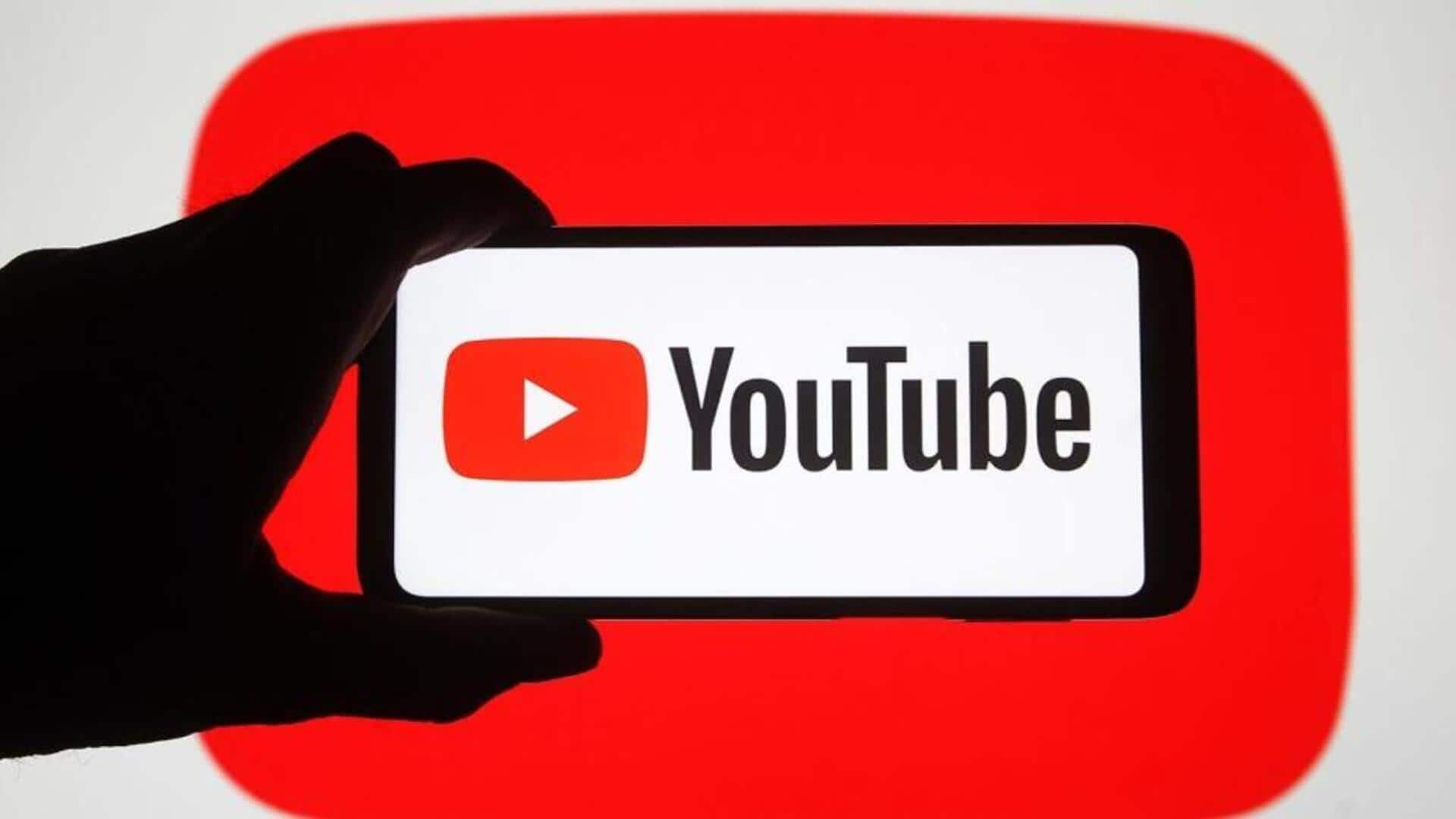
YouTube enforces new monetization rules today—What's changing for creators
What's the story
YouTube has announced changes to its monetization policies, effective July 15. The update is part of a broader revision of the YouTube Partner Program (YPP) and aims to identify and limit mass-produced or repetitive content. This includes content generated by artificial intelligence (AI) tools or reused clips. However, the platform will continue to support creators who add original value to their work.
Policy clarification
Clarification on reaction videos and clip-based content
Rene Richie, YouTube's creator liaison, clarified the platform's position on reaction videos and clip-based content in a video update. He said, "This is a minor update to YouTube's long-standing YPP policies to help better identify when content is mass-produced or repetitive." The platform has made it clear that the new rules don't target these types of videos but require creators to add meaningful value for monetization eligibility.
Content concerns
Content that may be affected under new guidelines
YouTube's updated rules also target channels that publish nearly identical narrative videos or slideshow formats with minimal variations. This includes content generated by AI tools, text-to-speech narration, or existing clips without modification. Such content adds little to viewer experience and dilutes quality on the platform. Tutorials and vlogs created with reused visuals or generic voiceovers may also be affected under these new guidelines.
Eligibility requirements
Core eligibility criteria for joining YPP remains unchanged
Despite the changes, YouTube has maintained that the core eligibility criteria for joining YPP remains unchanged. Creators still need to meet either of these thresholds: 1,000 subscribers and 4,000 valid public watch hours in the last 12 months or 10 million valid Shorts views in the last 90 days. This means that while content standards are being updated, access to monetization opportunities isn't being restricted.
Content promotion
Update aims to address rise of faceless, AI-driven channels
The latest update comes as part of a growing trend of faceless, AI-driven channels that prioritize quantity over quality. YouTube hopes to encourage content that reflects a creator's original voice and perspective. The platform said this update doesn't introduce a new policy but refines the enforcement of existing standards under YPP. The term "repetitious content" has been replaced by "inauthentic content" to reflect the evolving nature of content duplication in the era of AI and automation.
Tool usage
YouTube says creators using AI tools can still monetize videos
YouTube has clarified that creators using AI tools or reposting content from other platforms can still monetize their uploads. However, these must include clear additions like original commentary, educational input, or entertainment value. The platform encourages the use of AI tools such as Dreamscreen and auto-dubbing to enhance storytelling while adhering to transparency and disclosure norms.